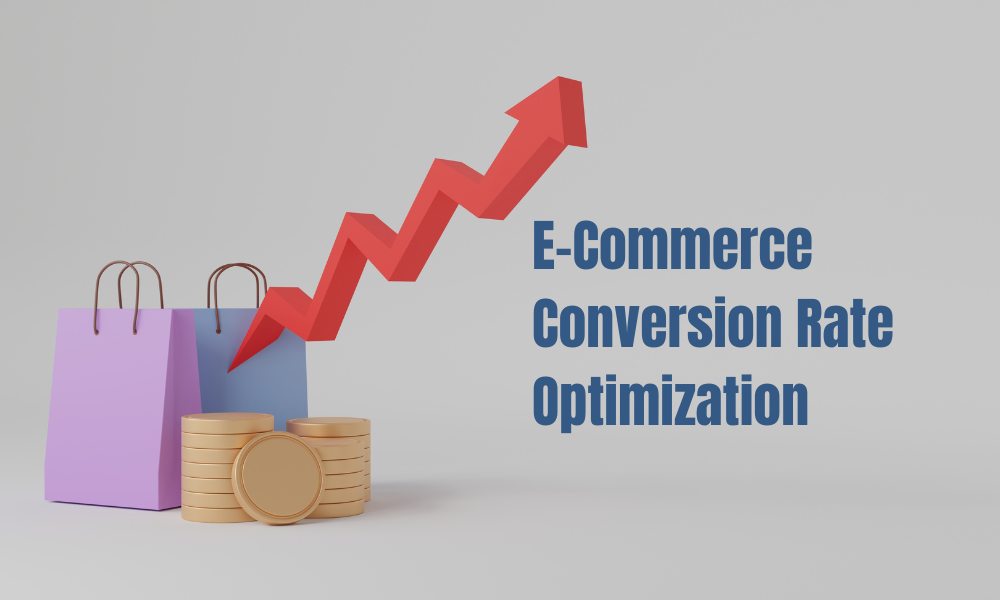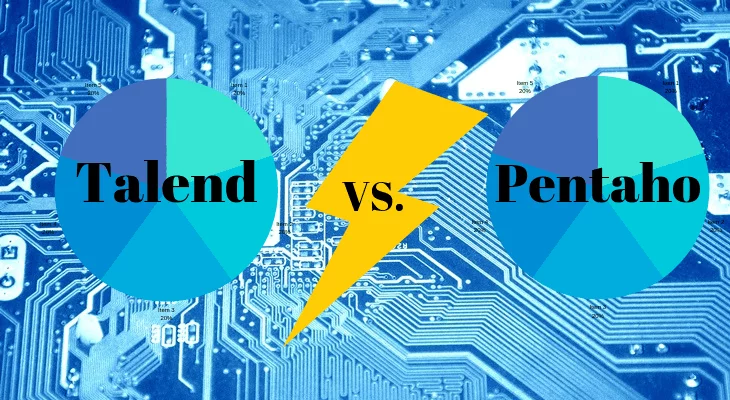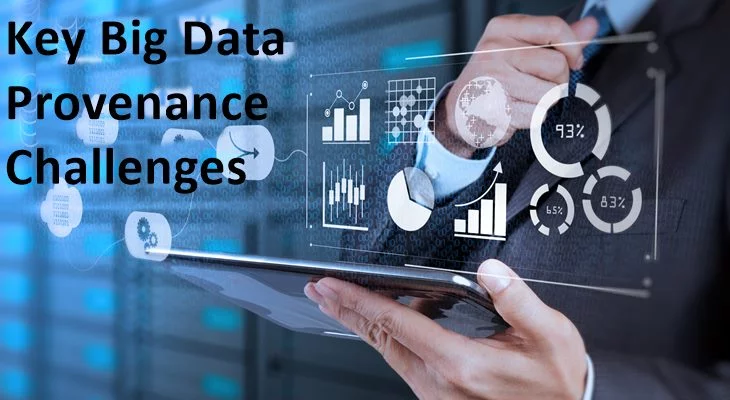Think of a physician writing a complicated patient report in mere seconds, a financial analyst outlining global market rules in a few minutes, or a legal department scanning thousands of contracts for compliance in mere minutes. This is not the plot of a science fiction film; it is the actual consequence of enterprise generative AI tools being utilized today. But in industries like healthcare, finance, and legal services, where a single mistake can have serious consequences, the excitement about AI is mixed with caution.
How can these powerful tools be used without breaking strict rules? Let’s explore how enterprise generative AI tools are making waves in regulated sectors, not by ignoring the rules, but by working safely within them.
What is Enterprise Generative AI Tools?
Enterprise generative AI tools are advanced AI platforms. They are built for large organizations. They help create, deploy, and manage generative AI applications, like chatbots, content generators, and intelligent agents, while keeping everything secure and under control.
Key Characteristics:
Scalability: It handles lots of data and users.
Security & Compliance: It meets industry regulations (e.g., GDPR, HIPAA, SOC 2).
Governance: It allows companies to check and control how AI behaves.
Customization: It can be designed to fit specific business needs.
Why Do Regulated Industries Need Gen AI?
Regulated industries have to follow strict rules. Whether it is GDPR, HIPAA, DORA, and FINRA, organizations must keep up with changing laws while maintaining operational efficiency. Gen AI tools offer:
- Automated compliance monitoring
- Real-time document summarization and analysis
- Faster approvals and reduced review cycles
- Enhanced customer experience through intelligent agents
For example, AI agents can now track rule changes, analyze their impact, and suggest updates. This saves time and avoids fines.
Key Use Cases Across Industries
In fields like finance, healthcare, law, and government, it is important to protect data and follow the rules. Here, enterprise-grade AI tools make sure that generative AI is used without compromising sensitive information. Also, it delivers automation, insights, and productivity.
1. Financial Services - AI chatbots and agentic systems help customers with complex financial planning, while backend tools scan content for compliance issues and suggest improvements.
2. Healthcare - Gen AI apps ensure patient communications meet legal and readability standards, improving both compliance and care quality.
3. Insurance - AI-driven underwriting and claims processing have reduced lead times from weeks to minutes, boosting customer satisfaction and operational speed.
4. Retail & CPG - AI tools check visual and written content for regulatory compliance, including FDA and ESG standards, ensuring brand integrity.
A Look at Specific Enterprise Generative AI Tools
Although many `solutions are tailored, a number of platforms have come to the forefront in offering secure, enterprise-grade generative AI. These are not consumer offerings but highly complex systems for big organizations.
1. Microsoft Azure OpenAI Service
Industries in which it is used: Finance, Healthcare, Government
Key Features:
- Secure access to GPT models in Azure’s compliant cloud
- Built-in governance, content filters, and abuse monitoring
- Supports deployment in Azure Government regions
Why It is Relevant: Enables powerful LLM use with full control over data and compliance.
2. Google Vertex AI
Industries in which it is used: Pharma, Finance, Retail, Public Sector
Key Features:
- Access to 150+ foundation models (Gemini, Claude, Imagen)
- SOC 2/HIPAA compliance, data governance, and agent orchestration
- Tools for RAG, model tuning, and secure deployment
Why It is Relevant: Unified platform for building secure, explainable AI agents and apps.
3. IBM Watsonx
Industries in which it is used: Banking, Healthcare, Government
Key Features:
- watsonx.governance for lifecycle management and auditability
- watsonx.ai for custom LLMs and agents
- watsonx.data for secure hybrid data integration
Why It is Relevant: Designed for responsible AI with strong governance and transparency.
4. AWS Bedrock
Industries in which it is used: Healthcare, Legal, Manufacturing, Finance
Key Features:
- Access to multiple models (Claude, Titan, Llama) via unified API
- Serverless architecture with built-in compliance and encryption
- Automated reasoning checks to prevent hallucinations
Why It is Relevant: Scalable, secure AI development with enterprise-grade safeguards.
5. Anthropic Claude
Industries in which it is used: Financial Services, Healthcare, Public Sector
Key Features:
- Safety-first design with Constitutional AI
- Used by Deloitte and IBM for compliance-heavy workflows
- Supports agentic AI and secure deployment
Why It is Relevant: Trusted for mission-critical tasks in regulated environments.
6. ChatGPT Enterprise
Industries in which it is used: Legal, Finance, Healthcare, Government
Key Features:
- SOC 2 compliant, no data used for training
- Role-based access, audit logs, and encryption
- Integrations with DLP and eDiscovery (electronic discovery) tools
Why It Is Relevant: Secure, scalable AI for internal support and knowledge tasks.
7. Microsoft 365 Copilot
Industries in which it is used: Legal, Healthcare, Finance, HR
Key Features:
- Integrated across Word, Excel, Outlook, etc.
- Copilot Studio for secure agent creation and governance
- Real-time monitoring, DLP, and role-based access
Why It Is Relevant: Automates documentation and reporting with enterprise-grade compliance.
8. Perplexity AI Enterprise
Industries in which it is used: Legal, Research, Government
Key Features:
- Real-time, citation-backed answers with zero data retention
- SOC 2 Type II, GDPR, HIPAA compliant
- Secure search across internal and external sources
Why It Is Relevant: Ideal for regulated knowledge work with airtight data privacy.
Apart from these tools there are other different tools which belong to different categories and are used for specific purposes, such as
1. Writing Generators - Focused on content creation, marketing, and communication:
- Jasper: Maintains brand voice
- Anyword: Optimizes marketing copy
- Shortwave: Email drafting and summarization
2. AI Notes Tools - Designed for personal productivity and knowledge management:
- Notion AI: Smart note-taking and organization
- Mem: Context-aware note management
3. AI Video Tools - Used for creative and training content:
- Runway: Generative video creation
- Wondershare Filmora: AI-assisted video editing
4. AI Image Tools - For visual content creation and editing:
- Midjourney: High-quality image generation
- Adobe Photoshop (AI): AI-powered photo editing
5. AI Voice & Audio Tools - For voiceovers, audio content, and creative sound design:
- ElevenLabs: Realistic voice generation
- Suno: Converts text to audio creatively
6. AI Presentation Tools - Automates slide creation and business decks:
- Beautiful.ai: Design automation
- Pitch: Sales and business presentations
7. AI Website Builders - For fast, automated website creation:
- Wix: AI-assisted site building
- Framer: Design-focused AI web builder
8. AI App Builders - Helps build internal or customer-facing apps:
- Microsoft Power Apps: Enterprise-grade app creation
- Pico: Automated app building
How Are These AI Tools Designed for Trust and Safety?
Enterprise generative AI tools are built for secure, private, and compliant use. These tools run on a company’s private cloud or on-premises servers. They make sure that the sensitive data stays protected and is not used to train public models.
These tools also offer accountability features like audit trails and explainability. They allow users to check how decisions are made.
Understanding the Unique Challenge: Innovation Meets Regulation
In regulated industries like healthcare, finance, and law, compliance is important. Traditional tech adoption has been slow due to risks like data breaches and loss of trust. Enterprise generative AI tools solve this by working within secure environments and following industry-specific rules automatically.
Responsible AI Implementation
- Choose the Right Partner: Look for vendors with strong security and compliance credentials.
- Human Oversight: AI supports, but humans make final decisions that make sure of safety and accuracy.
- Transparency: Informing users about responsible AI use builds trust and confidence.
Road Ahead for Enterprise Generative AI
Enterprise generative AI is just beginning to transform regulated industries. These tools reduce burnout, boost accuracy, and uncover insights from complex data. With the evolution of regulations, AI will become smarter and safer.
By prioritizing security and human oversight, regulated sectors are setting a new standard for ethical innovation, aiming for a future that is more efficient, secure, and equitable.
To learn more, visit KnowledgeNile!
FAQs
1. What is generative AI and its tools?
Answer: Generative AI creates content such as text, images, or code based on intelligent algorithms. AI tools ChatGPT, Claude, and Gemini, which help users to automate work and enhance efficiency.
2. What products are you supposed to use for your generative AI business?
Answer: Use safe, enterprise generative AI tools for your business, such as ChatGPT Enterprise, AWS AI, or Microsoft Copilot that provide privacy, compliance, and scalability for regulated sectors.
Also Read:
Gen AI vs NMT: Is Generative AI a Real Challenge for the Translation Industry?
How Generative Engine Optimization is Redefining the Future of Search Marketing?





